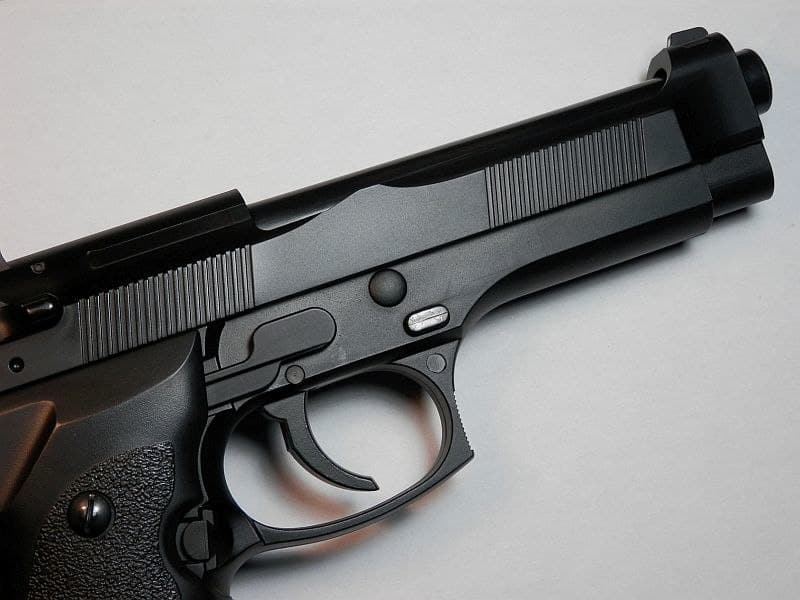FRIDAY, May 3, 2019 (HealthDay News) — Vascular surgery after a firearm injury is associated with an increased risk for complications and mortality, according to a study published in the May issue of the Journal of Vascular Surgery.
Jeffrey J. Siracuse, M.D., from Boston University, and colleagues used data from the National Inpatient Sample (1993 to 2014) to identify patients with firearm injuries and a subset who also underwent a vascular repair.
The researchers identified 648,662 firearm injuries (88.7 percent male), of which 9.9 percent involved vascular repair. Patients undergoing vascular repair were younger, were more often of black race and male sex, were on Medicaid insurance, had a lower household income, and had assault/legal intent. Further, patients who underwent vascular repair more often had abdomen/pelvis and extremity injuries as well as an elevated New Injury Severity Score. Vascular repair patients were more frequently treated at urban, teaching, and large hospitals. Patients who underwent vascular repair had a higher mortality versus those who did not undergo vascular repair (5.51 versus 1.98 percent). Higher rates of complications were seen with vascular repair (5.7 versus 2 percent). There was an independent association between vascular repair and mortality (odds ratio [OR], 2.68). In-hospital mortality was independently associated with age >46 years (OR, 2.01), male sex (OR, 1.15), self-pay/no insurance (OR, 1.6), suicide intent (OR, 3.73), unintentional intent (OR, 1.12), head/neck location (OR, 13.9), Northeast region, and New Injury Severity Score >4.
“Vascular injury due to firearms is very morbid and further understanding these injuries will help, both trauma and vascular surgeons on the front-line, better treat these patients and develop systems for improvements,” Siracuse said in a statement.
Abstract/Full Text (subscription or payment may be required)
Copyright © 2019 HealthDay. All rights reserved.



